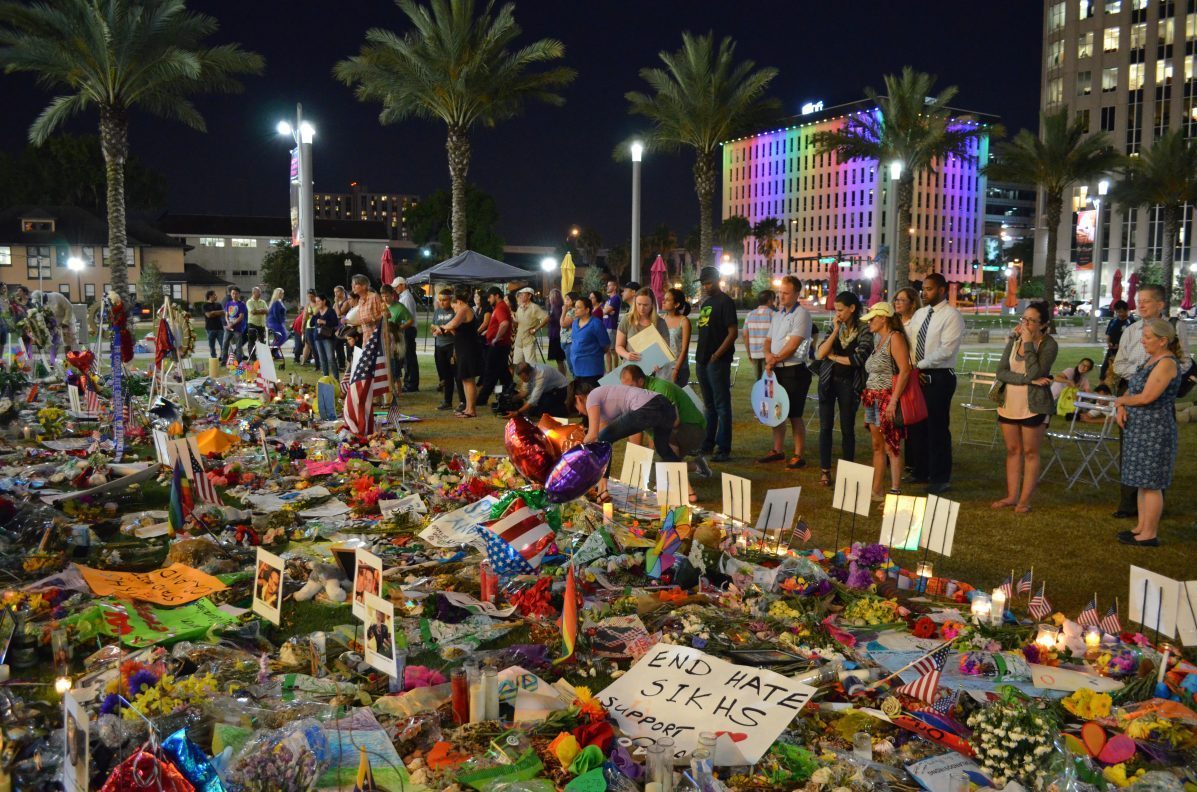
The Public Historian, which always strives to be relevant and to provide models of how historians can most effectively engage with our communities, did not anticipate the mass shooting in Parkland, Florida, when it recruited a roundtable on rapidly responding to community tragedy for its February 2018 issue and an accompanying blog series on History@Work, the blog of the National Council on Public History. But while we cannot predict individual crises, be they shootings, natural disasters, political upheavals, or epidemics of disease, we can predict that our communities will face crises, of some kind, at some point. And we should think about how we will deal with that eventuality before it happens. Doing so, as Sarah Pharaon of the International Coalition of Sites of Conscience says in her introduction to the roundtable, can lead history organizations not only to be relevant but to be essential community organizations.
The Public Historian roundtable features essays from the Levine Museum of the New South in Charlotte, North Carolina, which mounted an exhibit, K(NO)W Justice K(NO)W Peace, and related programming, following the police-involved shooting of a black man in that city; from President Lincoln’s Cottage in Washington, DC, which opened its doors following the 2016 election to allow neighbors to use their space as a place of reflection during a time of local and national division, drawing the Cottage’s history as Lincoln’s retreat during the nation’s most divisive era; and from the staff of the Orange County Regional History Center in Orlando, Florida, who recount the impact of their work creating the One Orlando Collection, on themselves and on the community, following the Pulse Nightclub Massacre. For all of these institutions, a history of community engagement, and community trust, was critical for their success. Ashley Maynor, librarian, filmmaker, and scholar of grief archives, begins the blog series with a post, Five Ways We Can Do Better to Respond to Crises in Our Communities, that provides tips on how to respond to the unthinkable. Upcoming posts will showcase how history organization have responded to the Ebola crisis in Africa, to devastating bush fires in Australia, and to mass shootings at Virginia Tech and in Las Vegas.
History’s ability to help individuals and communities come to terms with divisive and difficult pasts is also a theme in the issue’s feature essays, which look at work being done in Great Britain, Germany, Chili, and Belize that grapples with the legacies of the Great War, Augusto Pinochet dictatorship, and race.
As the host of the co-editor position for The Public Historian, MARCH is pleased to be a partner in producing this leading journal for the field of public history.

